Uncategorized
-
 Neuroscience
NeuroscienceFootball and hockey players aren’t doomed to suffer brain damage
A comprehensive look at the brains and behavior of retired professional football players and retired hockey players finds no signs of early dementia.
-
 Astronomy
AstronomyAstronomers saw the first mass eruption from a star that’s not the sun
The first coronal mass ejection observed fleeing another star was as massive as scientists expected, but carried less energy.
-
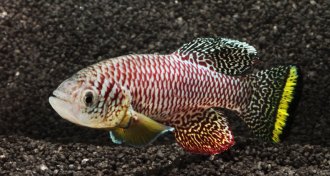 Animals
AnimalsThis killifish can go from egg to sex in two weeks
The fastest known maturing vertebrate in the lab is even faster in the wild.
By Susan Milius -
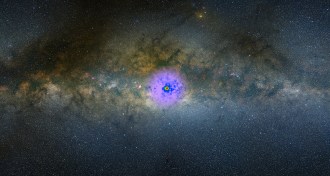 Astronomy
AstronomyHopes dim that gamma rays can reveal dark matter
A mysterious glow of gamma rays coming from the center of the Milky Way probably isn’t a sign of dark matter.
-
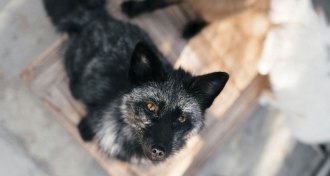 Genetics
GeneticsThe first detailed map of red foxes’ DNA may reveal domestication secrets
Thanks to a newly deciphered genome of red foxes, researchers have pinpointed regions in the animals’ DNA linked to taming them.
-
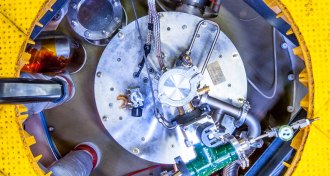 Physics
PhysicsStrange metals are even weirder than scientists thought
Some strange metals are odd in more ways than one, and that could help scientists understand high-temperature superconductors.
-
 Astronomy
AstronomyNext to its solar twins, the sun stands out
Our sun has subtly different chemistry from its peers, which may help pinpoint stars with systems like our own.
-
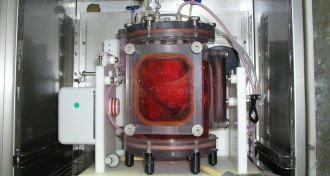 Health & Medicine
Health & MedicineScientists successfully transplant lab-grown lungs into pigs
Pigs implanted with lab-grown lungs recovered from surgery with no breathing problems.
-
 Genetics
GeneticsThe ‘language gene’ didn’t give humans a big leg up in evolution
Scientists have long debated the role of a gene called FOXP2 in recent human evolution.
-
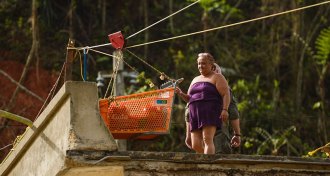 Health & Medicine
Health & MedicineHurricane Maria’s death toll in Puerto Rico topped 1,100, a new study says
According to data from the Puerto Rico vital statistics system, Hurricane Maria killed an estimated 1,139 people.
-
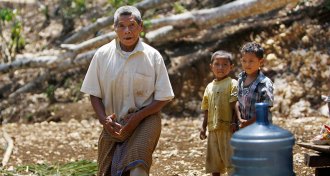 Genetics
GeneticsIndonesia’s pygmies didn’t descend from hobbits, DNA analysis suggests
Short people living on the Indonesian island of Flores don’t appear to have DNA from controversial, small-bodied Stone Age hominids called hobbits.
By Bruce Bower -
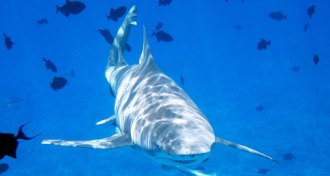 Paleontology
PaleontologyFossil teeth show how a mass extinction scrambled shark evolution
The dinosaur-destroying mass extinction event didn’t wipe out sharks, but it did change their fate.